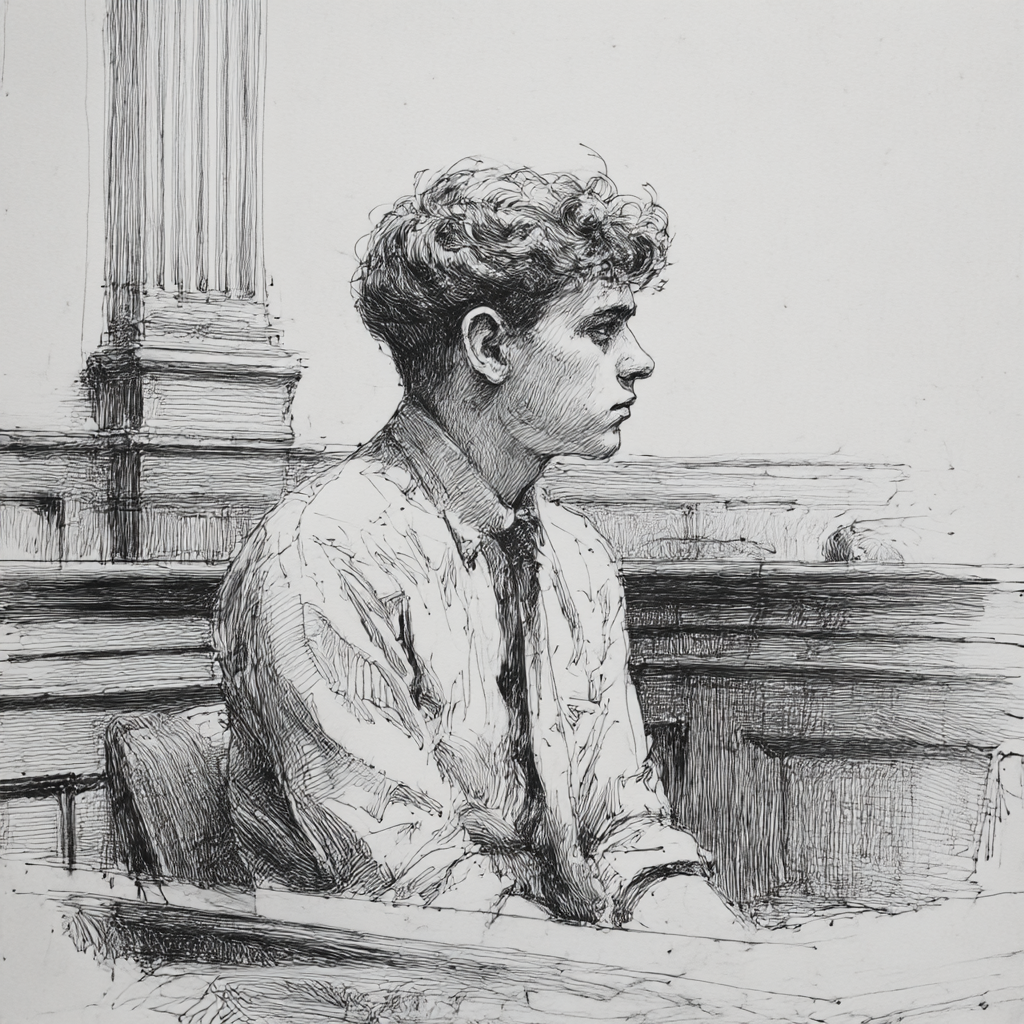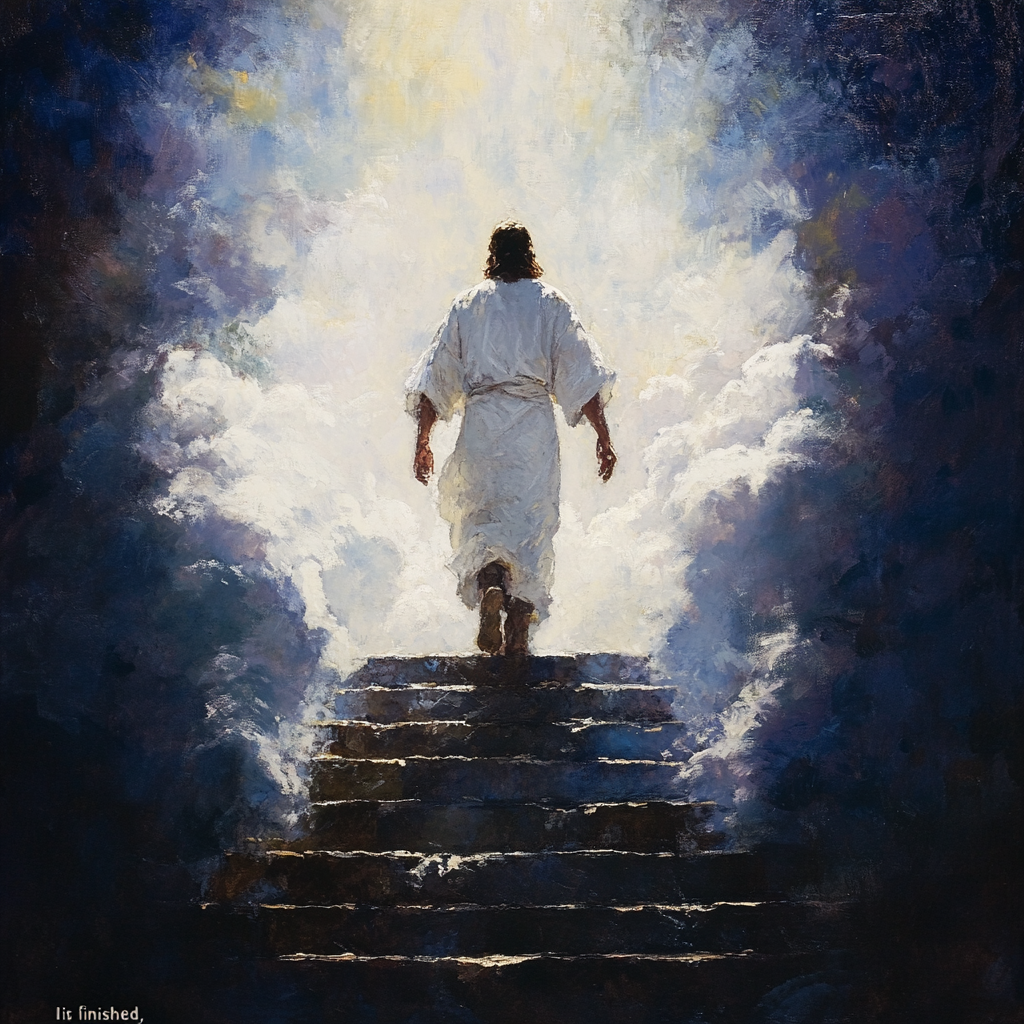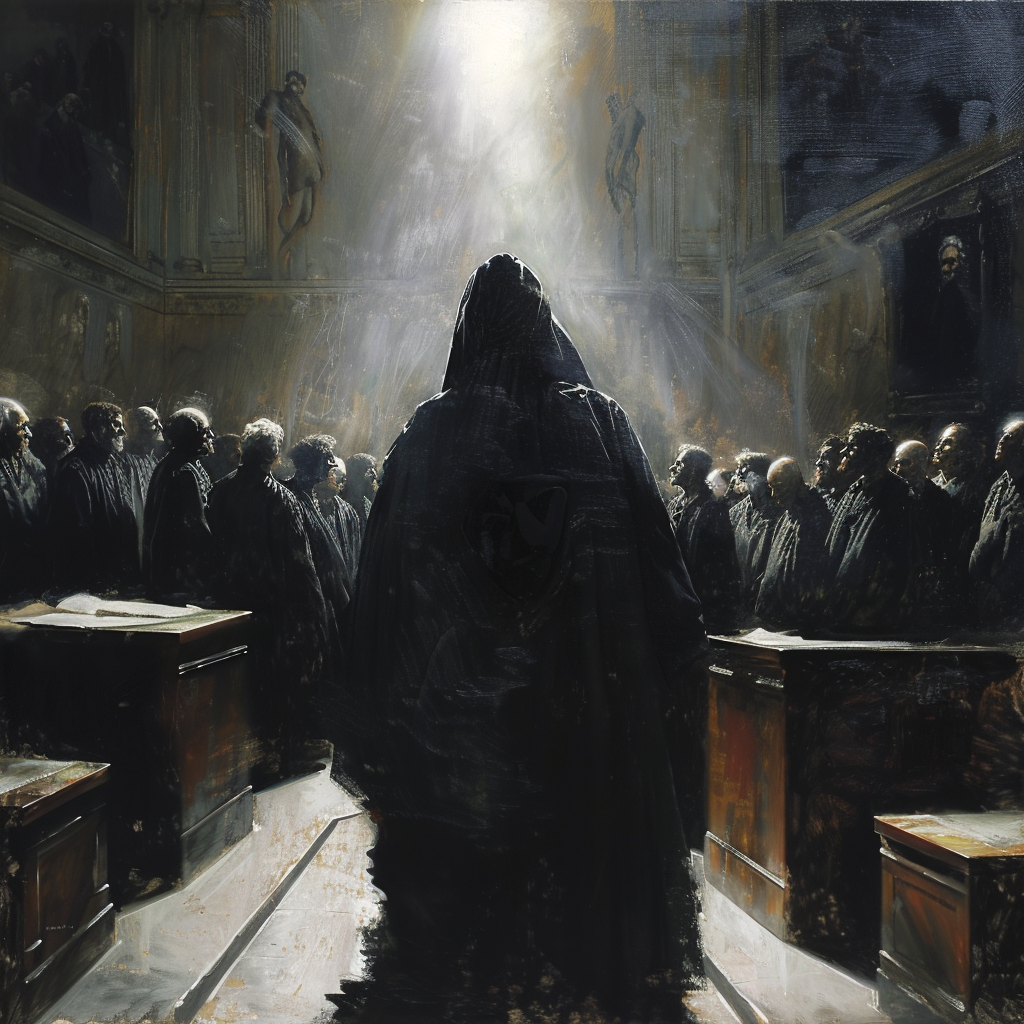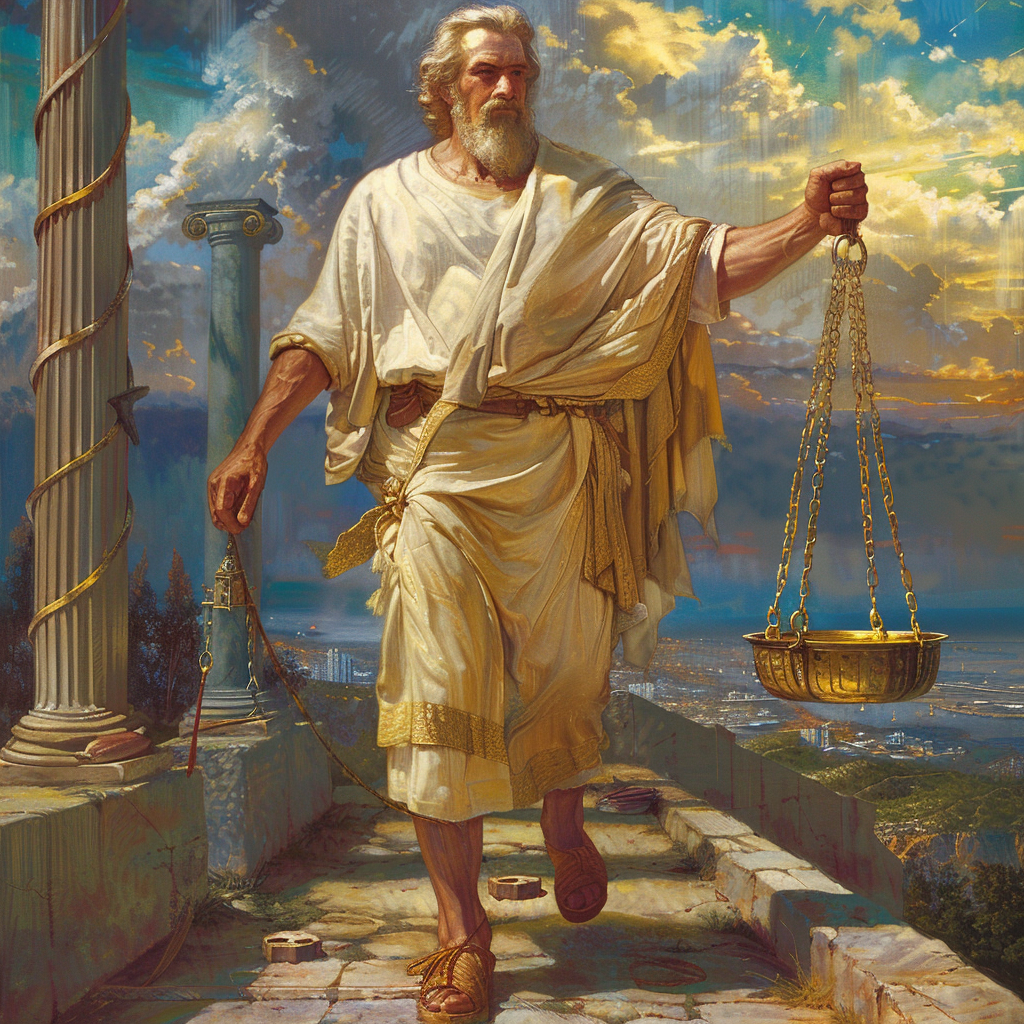Opening Verse
“To redeem them that were under the law, that we might receive the adoption of sons. And because ye are sons, God hath sent forth the Spirit of his Son into your hearts, crying, Abba, Father.”
— Galatians 4:5-6 (KJV)
Introduction
There is a deeper longing in every soul—a cry not just for freedom, but for belonging. Galatians 4:5-6 tells us that Jesus didn’t just set us free; He brought us into God’s family. We are no longer outsiders. We are adopted children, and we can call the Almighty God our Father.
Devotional Story
A young man once sat in a courtroom, guilty of many crimes. His head was bowed, heart heavy with shame. The judge had every reason to pronounce a harsh sentence. But something unexpected happened.
Instead of judgment, the judge stepped down from the bench, walked over to him, and said, “I will take your place. I will pay the price. You are free.” The courtroom fell silent. The man didn’t know what to do.
As he walked out, overwhelmed, he was handed a letter. It read: “You are not just pardoned. You have been adopted. Come home.”
That’s what God did for us. He didn’t just remove our guilt; He gave us a new identity. We went from condemned to beloved.
What This Means
God didn’t just want to save you from something. He wanted to save you for something—relationship. Not as a distant Creator, but as your Father. Through Jesus, you have been adopted. You are not a spiritual orphan. The Spirit in you cries out, “Abba, Father.” That cry is not weak. It is the sound of sonship. The proof that you belong.
Think About This
If God has adopted you, why live like you’re abandoned? Why carry shame when Jesus already paid the price? Why chase the world’s approval when the King of Kings has called you His child?
Prayer
Father, thank You for adopting me into Your family. Thank You for not only saving me but making me Yours. Help me to walk each day knowing I am loved, chosen, and filled with Your Spirit. Let the cry of “Abba, Father” never leave my heart. Amen.
Closing Verse
“Ye have not received the spirit of bondage again to fear; but ye have received the Spirit of adoption, whereby we cry, Abba, Father.”
— Romans 8:15 (KJV)









